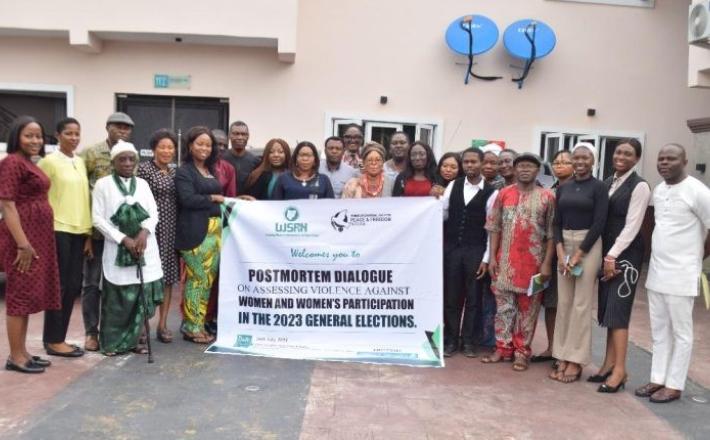

More in Politics
-


Politics
2027 Elections: PDP Urges Members in Ovwian Ward 7 to Resist Pressure to Join APC
:Leaders of the Peoples Democratic Party (PDP) in Ovwian Ward 7, Udu Local Government Area of...
-


Politics
Support Tinubu’s Vision, Praise Wike’s Abuja Transformation – Ortom Urges Nigerians
Former Benue State Governor, Samuel Ortom, has urged Nigerians to put political differences aside and rally...
-


Politics
Democracy Set to Return in Rivers State – Fubara
Suspended Governor of Rivers State, Siminalayi Fubara, has called on his supporters, residents of the state,...
-


Politics
Ebonyi’s Ex-Speaker Nwazunku Dumps PDP for APC, Cites Governor Nwifuru’s Performance.
Former Speaker of the Ebonyi State House of Assembly and immediate past Federal House of Representatives...
-


Politics
El-Rufai Declares Tinubu’s 2027 Re-election Bid Impossible Amid Economic, Political Woes
Former Kaduna State Governor, Nasir El-Rufai, has strongly stated that President Bola Tinubu stands no chance...







